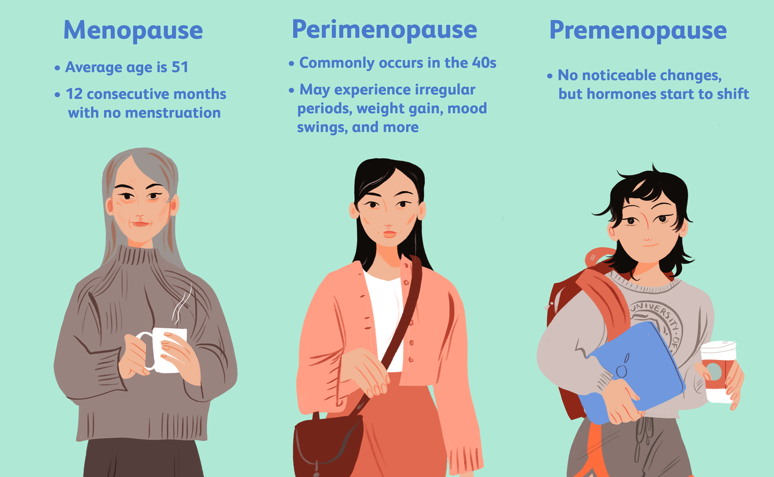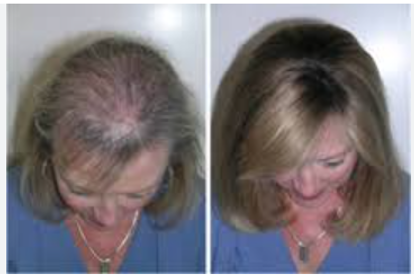Menopause
Taken from the NHS website Menopause there is lots of useful information on the Menopause and your customers / patients can be signposted to this useful resource. Information taken from the website involves staff awareness and empathy that be used to support your patients including the knowledge that:
- Menopause is when a person's periods stop due to lower hormone levels. It usually affects women between the ages of 45 and 55, but it can happen earlier.
- It affects anyone who has periods.
- Menopause can happen naturally, or for reasons such as surgery to remove the ovaries (oophorectomy) or the uterus (hysterectomy), cancer treatments like chemotherapy, or a genetic reason. Sometimes the reason is unknown.
- Perimenopause is when patients have symptoms of menopause, but their periods have not stopped. Perimenopause ends and they reach menopause when they have not had a period for 12 months.
- Menopause and perimenopause can cause symptoms like anxiety, mood swings, brain fog, hot flushes, and irregular periods. These symptoms can start years before their periods stop and carry on afterwards.
- Menopause and perimenopause symptoms can have a big impact on their life, including relationships and work.
- There are things they can do to help with symptoms. There are also medicines that can replace the missing hormones and help relieve your symptoms.
Common symptoms of menopause include:
- Anxiety.
- Changes in mood – such as low mood, irritability and / or loss of confidence.
- Changes in skin conditions, including dryness or increase in oiliness and onset of adult acne.
- Sleeping difficulties which may also make you feel tired and irritable during the day.
- Discomfort during sex.
- Low self-esteem.
- Hair loss or thinning on the scalp.
- Headaches and or migraines.
- Hot flushes which are short, sudden feelings of heat, usually in the face, neck and chest, which can make your skin red and sweaty. At night these are often referred to as night sweats.
- Increase in facial hair.
- Joint stiffness, aches, and pains.
- Palpitations.
- Problems with memory, concentration and ‘brain fog’.
- Recurrent Urinary Tract Infections (UTIs) e.g., Cystitis.
- Urge and stress incontinence.
- Loss of libido.
- Vaginal dryness and pain.
- Tinnitus.


